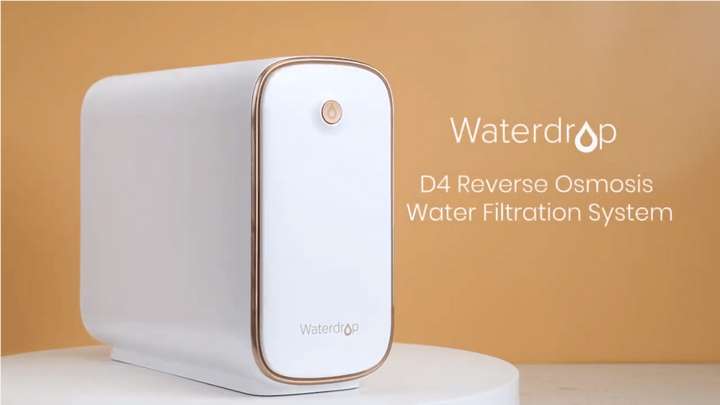Heatwaves are here already, and not without the usual health problems they cause in humans. The people of southwestern California are already experiencing very high temperatures, including Antelope Valley, Santa Clarita Valley, and Los Angeles County inhabitants. The temperatures are unusually too high for even people that stay indoors.
We Need to Stay Hydrated!
High temperatures are not friendly to anyone. Having temperatures exceeding 95°F (35°C) will force the human body to behave abnormally. The warmer it gets, the worse the behaviors and symptoms. Cities in the western parts of the country are even at higher risks of harsh weather conditions, which may threaten public safety and even railway operations.
The only way to maintain optimal mental and physical performance in such a situation is to drink water. Water is the fluid that transports essential nutrients to all cells of the body. Likewise, it is the main ingredient of the sweat we produce. When the body gets really hot, it transfers the internal heat to the water and expels the heated water as sweat.
Staying Hydrated During The Hot Weather
Know More About Dehydration
We often experience sensitive, itchy, irritated, dry, irritated, or inflamed skin during the hot weather, yet we tend to overlook them. However, these are the first signs of dehydration. Dehydration also comes with fainting, rapid breathing, and muscle cramps. In some cases, you may not urinate or urinate only very dark yellow urine. Whenever you notice any of these symptoms, increase your water intake to stay hydrated.
Drink More Water
Nothing else works better for hydration than drinking water. This is why experts recommend making drinking water a daily habit. If the body gets enough water, the organs are healthy and perform optimally. The body also gets slightly more protection from minor health issues. You are expected to drink 8x eight-ounce glasses of water daily. However, this may vary for people who are on diuretic medications or diabetic individuals.
Check here to learn more: This Is the Right Amount of Water You Should Take Daily
Hydrating The Body With The Right Fluids
As mentioned earlier, not all fluids are ideal for hydrating the body. Here are the best three options:
Filtered water
Filtered water is different from tap water – the former is free of contaminants, including disinfecting agents used to treat the water at the municipal plant. So although the tap water you collect from your sink may look clean, it is not pure. To get purified water for hydration, buy a water filter to remove heavy metals, VOCs, chlorine, lead, and other harmful contaminants in water.
Waterdrop Reverse Osmosis Water Filtration System

Sports Drinks
Sports drinks are good for hydration, but only if you are going on a long stretch of exercise – lasting up to 60 minutes. The 4-8% solution of electrolytes and carbohydrates replenish the lost water and maintains the blood sugar levels. However, if your exercise sessions are shorter, stick to water as your hydration fluid.
Coconut Water
Coconut water is similar to sports drinks, but the former is natural and contains five primary electrolytes: potassium, phosphorus, calcium, sodium, and magnesium. In addition, sugar is present in both coconut water and sports drinks, but the sugar in coconut water is natural fructose and glucose. Lastly, sports drinks have 4x the amount of sodium you have in coconut water.





